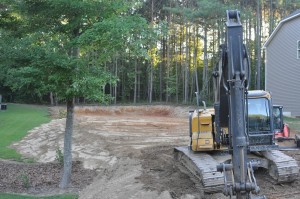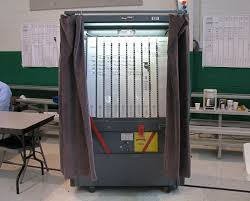KN, p. 308 “Tax Fraud”
 If this post has no paragraph separations, please double-click on the title to create a more readable version.
If this post has no paragraph separations, please double-click on the title to create a more readable version.
In 1789, Benjamin Franklin said, “Nothing is certain except death and taxes.”
235 years later? It’s still true.
April 15th is tax day in the USA. By midnight that day, the bill must have been paid, either via mail date-stamped by the Post Office, or online. After that, if you owe money and don’t send it in, penalties began to add up.
Government at every level imposes taxes in order to pay its bills. Roads, schools, civil defense, water control, government employees, and more…all get a piece of the revenue pie.
So what happens if you don’t file taxes? It is a crime not to pay and a definite no-no not to file. Since this is about money and the government needs more of it to run the programs, there are fines if you forget (or don’t want to pay), even jail time in certain cases.
Penalties
- Not filing taxes: 5% of the tax owed for each month the return is past due.
- More than 60 days late filing: A minimum fine of $435. Maximum fine is 25% of the total owed. (Plus the amount you owe)
- Not paying at all: 0.5% of the unpaid taxes for each month the outstanding taxes aren’t paid, plus interest. Ouch.
The government can choose to play nice with people “who have never done this before” and there are extensions available. BUT, not everyone gets a pass and only in rare instances.
Your house burns down? Better call the tax people and get an extension in writing. Those taxes are still due and penalties still accrue, but there might be a bargain to be struck if the agent is having a good day. You might be able to negotiate a six-month extension, but you still owe the money.
True story: a former colleague hired a tax firm to do her taxes – fill out forms and assess the amount owed. The firm underestimated the debt and overestimated the deductions. The IRS conducts random audits and contacted her one year – after she had left the paperwork to the firm for about five years in a row. Short version: the firm had done a lousy job. She wound up paying back taxes and fines of over $20,000. Yup. Four zeros. She appealed. She was allowed to pay it back over time, but she still owed all the back money. The firm did little to help her, citing that they based their figures on the information she gave them. Hmmm.
How long can you avoid filing taxes?
The powers-that-be have “six years to charge you with criminal tax evasion.” It can take as long as it likes to collect the money owed. Don’t forget, there’s interest charged on top of the penalties and money owed. Jail time is possible if they get you for criminal tax evasion. It’s a felony, folks. PLUS, you’ll probably get audited for years afterward.
What’s the difference between evasion and avoidance?
- Tax evasion is fraud and means that you have used illegal ways to conceal income, with fines, penalties, and possible jail time (maybe five years) if found guilty. You lied on the forms. They can even charge you for the cost of prosecution.
- Tax avoidance uses legal ways to reduce income with tax credits and allowable deductions.
WAIT! What counts as under-reporting?
Not reporting cash ‘under the table’ for legal or illegal activities. Whether child-care or gun-running, income is income, according to the IRS.
Cryptocurrency transactions are taxable, so if you thought there were no rules, think again.
Whistleblowers:
There is a special IRS office that pays for information leading to the arrest (and conviction) of major tax fraud perpetrators. Big bucks are at stake if money is hidden in illegal overseas accounts. If it involves a criminal organization, witness protection might be part of what happens next.
My advice? Pay what you owe. There are legitimate tax planners out there who can possibly help reduce your tax bill, but to evade altogether? Seriously bad idea if you’re allergic to jail and big fines.
*information source: the IRS.
KN, p. 308 “Tax Fraud” Read More »





